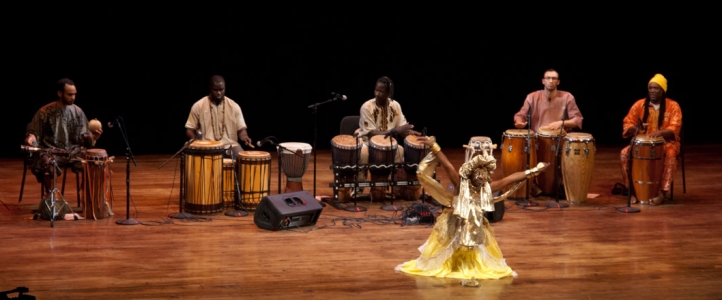MUSICAL ETHNOGRAPHY, ETHNOMUSICOLOGY

To special ethnography belongs a special scientific discipline, which some scholars call comparative musicology and others call musical ethnography.
Folk music constitutes one of the subjects of the science of human tribes, of ethnography and ethnology, namely, of that department which is known under the name of musical ethnography or musical ethnology. Ethnography describes the life and manners of peoples and establishes the factual material.
Ethnology analyzes, compares, generalizes, and systematizes this material.
To ethnology belongs a special scientific discipline, comparative musicology, which compares the musical folklore of different peoples and, on a par with comparative linguistics, serves to elucidate the affinities and interactions between the human races."
Musical ethnography studies the musical life and musical culture of particular peoples and focuses on musical folklore as well as musical institutions, national styles, and the musical-aesthetic views of the people of a cultural community. But in doing so it inevitably arrives at larger generalizations, at general patterns valid not only for one people but for all humanity.
Indeed, musical ethnology, musical ethnography, and musical folkloristics are very close, related sciences, and their fields, boundaries, tasks, and methods are often so intertwined that it is difficult to draw a clear line between them.
Yet the terms music ethnology, music ethnography and music folkloristics are not identical.
Many questions of musical psychology and physiology (especially as regards the peculiarities of the vocal organ and sound production, the musical centres in the cerebral cortex, etc.), many questions of Darwinism and of transformism in relation to music, questions of the origin of music and of primitive music, questions of musical acoustics, of phonetics, of aesthetics, of the history and especially of the pre- and prehistory of music, may come within the scope of this science.
A more special science than musical ethnology is musical ethnography. It studies the musical life and musical culture of peoples, including their folk music. Musical folkloristics, on the other hand, is a branch of musical ethnography and is concerned primarily, if not exclusively, with folk musical creations, with works of folk musical creativity: melodies, songs, dances, etc. However, its direct task is not to study, for example, musical institutions, organisations, the production and structure of musical instruments, the social function of music, the aesthetic ideas of society, etc. All this is the subject of musical ethnography.
Indeed, comparative study, the comparative method, is the foundation of all human knowledge. There is hardly a science which does not make use of this method. Every description presupposes the establishment of similarities and differences. -As Walter Viora rightly points out, comparison is only a method, but not a Branch of Science. Thinking itself is a form of comparison. When we speak, for example, of the tone do we compare its pitch with the pitch of other tones: s, re, sol, etc.